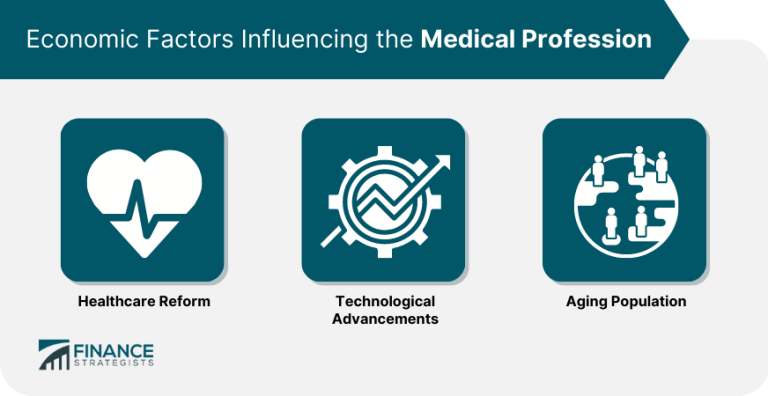Healthcare providers have an important role in society, and doctors appraisal in particular, play a critical role in saving lives and improving health outcomes for patients. However, doctors, as professionals, need to be evaluated on their performance to identify areas for improvement, and also to incentivize good performance. Appraisals are the best way to objectively evaluate the performance of doctors. Let’s look at the different elements of a doctor’s appraisal.
Patient Satisfaction
Patient satisfaction is an important metric that doctors should never overlook. The satisfaction level of patients should be evaluated through surveys and feedback forms that measure patient experience, communication, and overall healthcare quality. Patient satisfaction levels should be taken into consideration while evaluating the performance of doctors since it is an indicator of quality of care.
Quality of Care
Quality of care is the cornerstone of healthcare provision. Doctors must ensure that their patients receive top-notch medical care while also ensuring safety and minimizing complications. Quality of care metrics should include everything from patient outcomes, complication rates, infection rates, and overall success rates of different procedures.
Professional Development
Doctors should also be reviewed on their continuous professional development. This can include participation in medical conferences, taking courses for continued education, and contributing to the production of medical research. These metrics help gauge the effort the doctor is putting into improving and deepening their knowledge and expertise.
Teamwork
In a modern healthcare environment, doctors often work in teams with other healthcare professionals. Collaborating, building relationships, and working together is an essential part of the role of doctors. Evaluating this skill will help you identify who can work with multidisciplinary healthcare teams effectively. Doctors should be assessed on their ability to work in a team and collaborate with others.
Administrative Tasks
In addition to providing healthcare services, doctors are also expected to keep up-to-date records and documentation, and be responsible for financial and administrative activities. Evaluating doctors on their administrative skills, leadership abilities, and the effective management of resources is an important part of the doctor’s appraisal.
Conclusion
In conclusion, doctors play a vital role in society, and it is important to evaluate their performance to ensure they are providing the best quality of care, contributing to ongoing research, and fulfilling administrative and managerial responsibilities effectively. A doctor’s appraisal should take into account their professional development, patient satisfaction, quality of care, teamwork, administrative tasks, and leadership ability. By evaluating doctors on these metrics, we can help build a culture of continuous improvement and ensure the highest standards of medical care are maintained.
